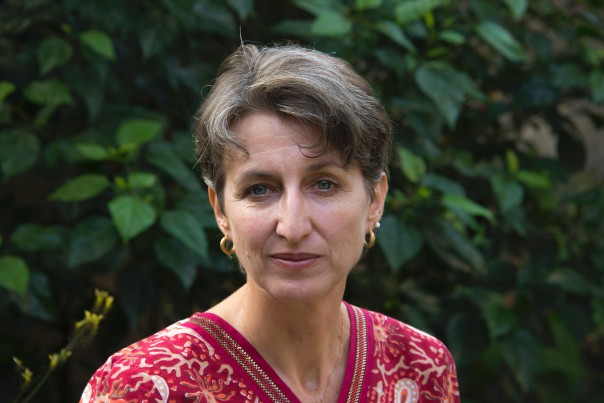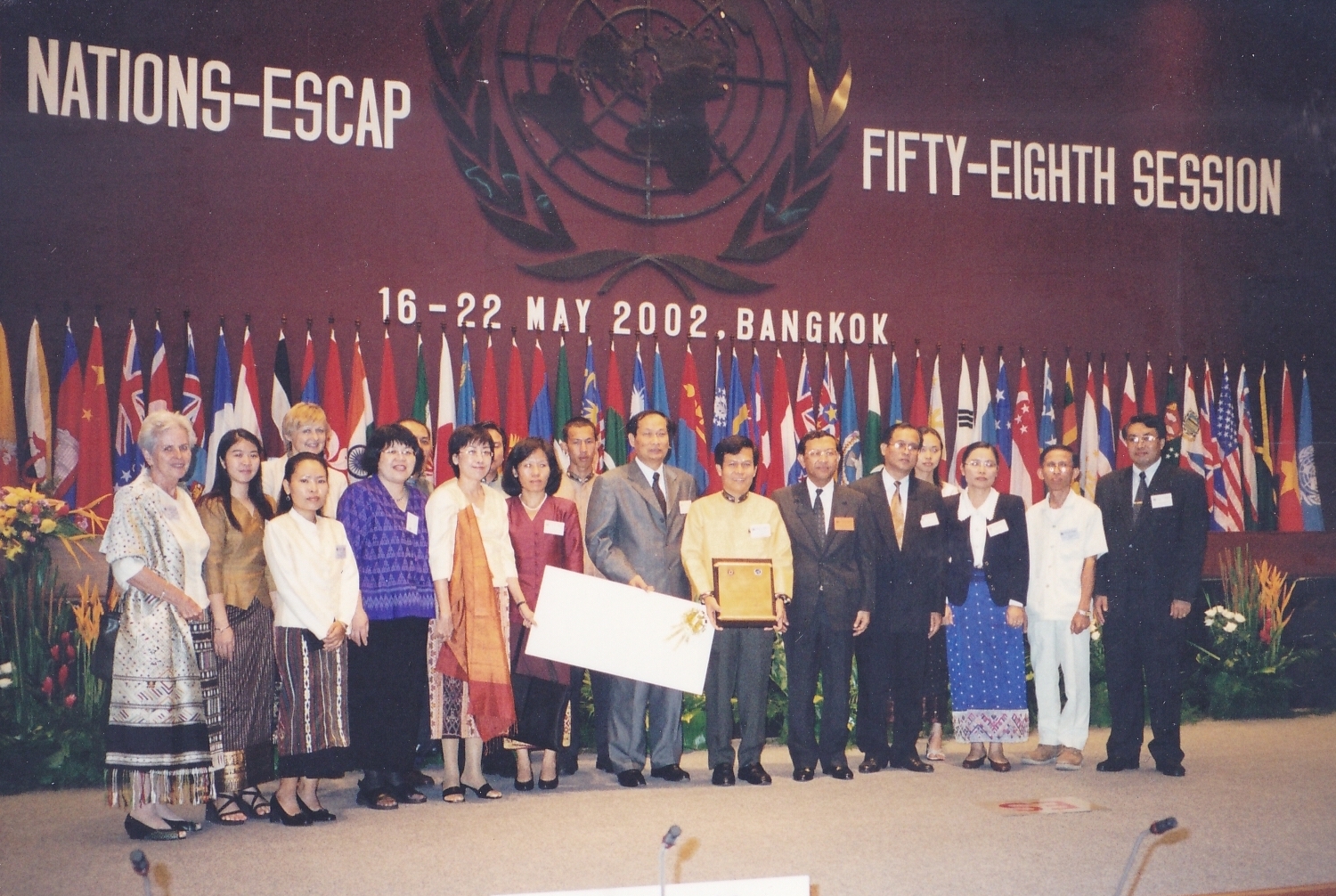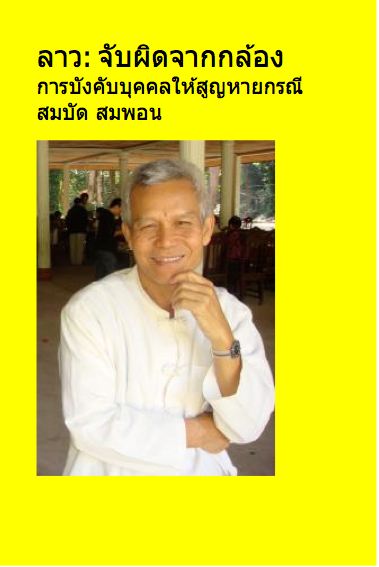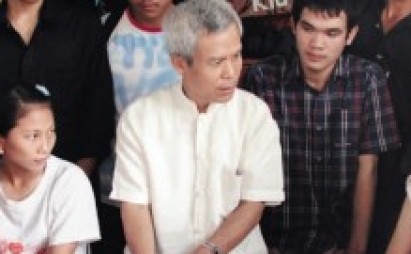Reuters Alternet: 16 September 2013
By Anne-Sophe Grindroz

In December 2012, Sombath Somphone was following his wife home for dinner in Vientiane, the capital of Laos, driving in a separate car. On Thadeua Road, he was pulled over by traffic police. That was the last time his wife or anyone else saw him.
While numerous foreign governments, global leaders, parliamentarians and civil society organisations have inquired about Sombath’s whereabouts—to no avail—the land rights of Laos’s rural poor and indigenous communities that Sombath championed remain under the radar.
Large multinational corporations are swooping into Laos and other “underdeveloped” countries to acquire the land—or the rights to the resources that the land holds—from the local, regional and national governments. In many countries, the land’s potential has great value for large-scale agriculture or mining operations, for the timber in the rainforests that have grown there for hundreds of years, and governments are practically giving away this potential in the name of economic development.
In Laos, conservative estimates acknowledged by the national government place the amount of land in resource transactions at 1.1 million hectares at the end of 2012, more than the total amount of land allocated to growing Laos’s largest agricultural commodity: rice. Unofficial estimates of concession lands, however, reach more than three times this amount. Continue reading “The land should feed the people first”









